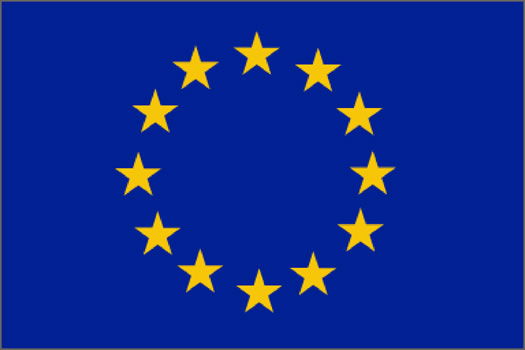
The law aims to protect women in the 27-nation European Union from gender-based violence, forced marriages, female genital mutilation and online harassment.
The European Commission, the EU’s executive arm, first proposed the major legislation on March 8, 2022, to mark International Women’s Day.
But the issue of a common definition of rape has proven to be the most controversial during negotiations to reach a final agreement.
The draft text has a definition of rape based on the absence of explicit consent, a position supported by the European Parliament and more than a dozen countries including Belgium, Greece, Italy, Spain and Sweden.
A dozen other countries, including France, Germany and Hungary, vehemently oppose defining rape in the text, arguing the EU has no competence in the matter.
International rights organisations slammed this position last month.
“It is utterly unacceptable that some member states are stubbornly unresponsive to the need to combat rape across the EU,” Amnesty International, Human Rights Watch and 10 other groups wrote in an open letter last month.
“Consent-based definitions have proven to guarantee greater protection and access to justice for women and other victims of rape, including increased reporting and prosecution rates,” the organisations said.
– ‘One step forward?’ –
The EU states that oppose including such a European definition argue that rape does not have the cross-border dimension needed to be considered a crime that comes with common penalties in the bloc.
The parliament and the commission strongly dispute that position, insisting that rape could fall within the framework of “sexual exploitation of women”, for which there is already a joint set of penalties.
Evin Incir of Sweden, one of the parliament’s negotiators, said it was “a shame that there is a blocking minority” to include a consent-based definition.
She squarely blamed French President Emmanuel Macron, German Justice Minister Marco Buschmann and Hungarian Premier Viktor Orban.
But Incir added that “this directive will be one step forward, even though it will not be the giant step that we from the side of the parliament and progressive groups would have wanted to see”.
French lawmaker Nathalie Colin-Oesterle said the legislation had been reduced to “half a law”.
Berlin and Paris believe, however, that the risk of including a definition is that it could be overturned by an EU court following a legal challenge.
The issue over defining rape has sparked controversy in France.
Before winning a second term in 2022, Macron had said tackling violence against women would be a priority if he were elected again.
Macron has already elicited criticism after his defence last year of the presumption of innocence for Gerard Depardieu after the actor was charged with rape and accused of sexual harassment.
A petition by the French citizens’ movement titled “No to sabotaging the European law” has garnered more than 200,000 signatures.
AFP





